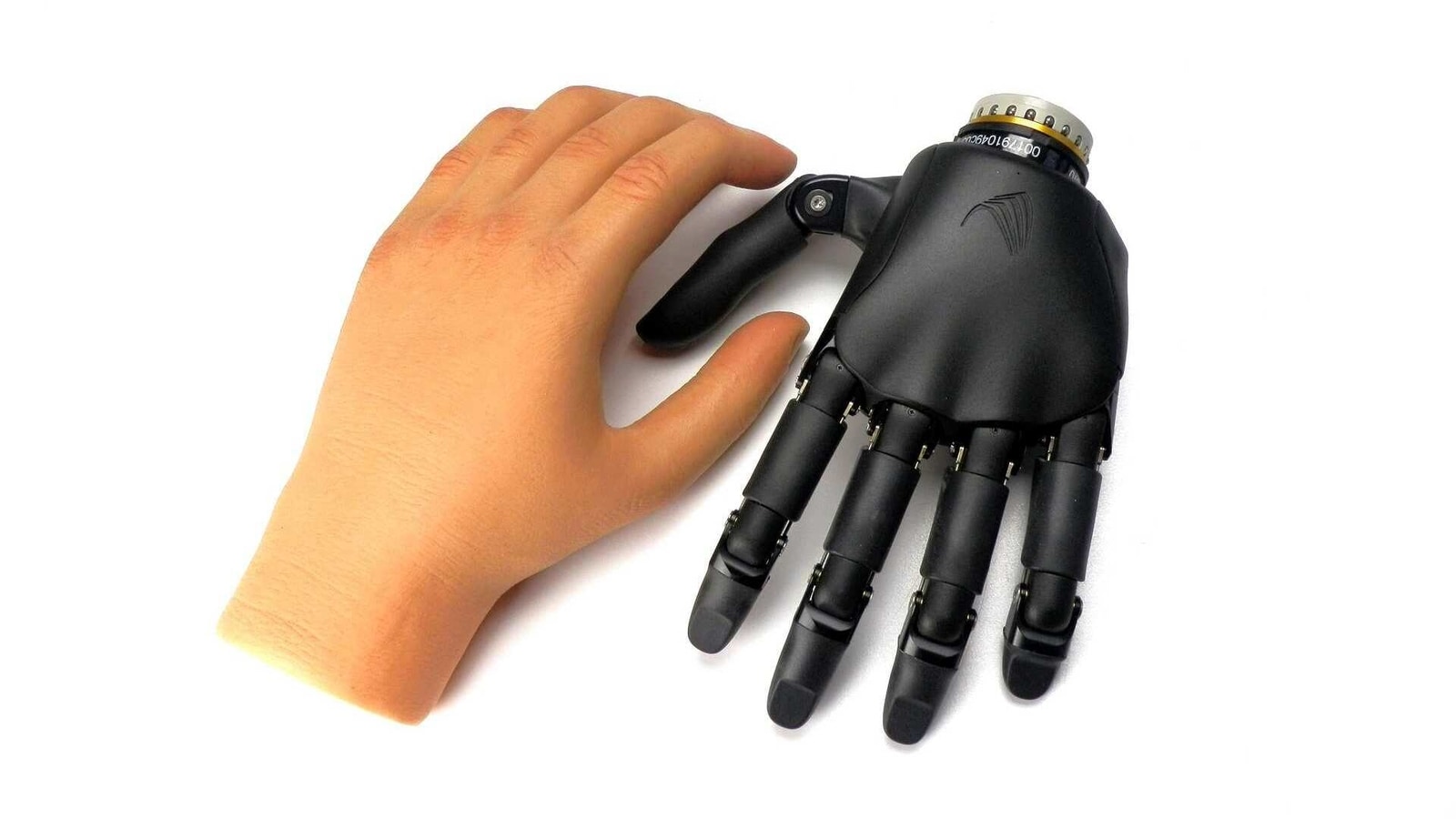The transformational role of AI and automation in the ‘new normal’ world
Automation and AI have been steadily gaining importance over the years. The Covid-19 pandemic, however, is going to accelerate their adoption.

There is no doubt that the world we have created needs artificial intelligence (AI) and automation. Resourceful and intelligent as humans undoubtedly are, there are some tasks that are beyond human capabilities, and some others that machines are simply more efficient at. Moreover, machines, unlike us, can keep going about their work as usual, through good times and bad – even through a pandemic.
Automation and AI have been steadily gaining importance over the years. The Covid-19 pandemic, however, is going to accelerate their adoption. We are already seeing this happen in many industries and many countries across the world.
India has many things going right for it; there is a willingness among consumers and businesses and the right support from the government. In the finance sector, automation in India is almost as good as what it is in advanced economies.
Smarter lifestyles for people and safer workplaces for businesses
Our lifestyles, our workplaces, and our homes are already getting “smarter”, more comfortable and more efficient with newer, more powerful technologies. It is AI that makes much of this possible. Now, merely “smart” isn't enough. The Covid-19 pandemic has necessitated social distancing. Hence, the renewed focus on automation. If automating something can do away with the need to have multiple people working together in close proximity to each other, it is a move that merits consideration.
This is a very significant point for industries and business functions that are labor-intensive in nature – manufacturing, supply chain and retail, to name a few. Industrial robots can work with humans, or replace them, in stressful or dangerous working conditions or even completely take over tasks that are repetitive in nature and do not require human intelligence or awareness. Meanwhile, banks, hotels, restaurants and customer service companies are already turning to robotic software and automation to reduce human interactions, wherever possible.
Big Data and analytics for insight-driven business growth
One of the advantages of technology is that it enables us to make decisions that are based on data-based insights and not merely on instincts, as in the case of humans. Big Data and Analytics can gather, organize, and analyse huge volumes and numerous types of data to provide businesses with information distilled to meet very specific requirements.
The possibilities are endless – spotting changes in consumers' purchasing patterns and identifying the triggers for this new behavior; optimising and reallocating advertising and marketing spends among different channels, activities, and geographies for greater business impact; predicting future demand for a new type of product or service; and much more.
Virtual customer experiences and better security in a post-COVID world
Technology will play a very important role not only behind the scenes but also in delivering better, more relevant consumer experiences – a fact that fashion, apparel, retail, and even real estate companies, will fully appreciate. With most people preferring to shop from the safety of their homes, e-commerce is fast gaining adoption among both urban and non-urban consumers. While this presents an obvious challenge to the touch-and-feel kind of products, it also provides opportunities to use technologies such as augmented reality and virtual reality to elevate the entire shopping experience to higher levels of engagement and enjoyment.
Consumers can try on clothes or accessories on a “virtual” avatar. Home buyers can have a guided 3D tour of their shortlisted properties on their laptops. It might not be quite the same as being there in person, but it's close enough and certainly more safe and convenient. Automation can very well serve security and screening purposes too – at malls, public places, airports, and other such locations, where there are hundreds or thousands of people at any given point in time. Manual surveillance, if aided by intelligent AI-supported systems, it becomes a whole lot easier and more effective.
A prerequisite for the future of communications
Connectivity, always important, has become even more so in the wake of the pandemic. Upgrading, interconnecting, and expanding existing networks are the kind of tasks that can only be performed with the help of automation. It is a necessity for addressing complex network issues, for addressing the challenges of 4G, and for enabling 5G to support multi-domain and multi-vendor technologies. Clearly, the very future of communications depends on reliable, efficient, and intelligent automation.
Automate wisely, selectively
As businesses integrate increasingly complex tasks into their operations and look to technology to deliver strategic and competitive advantage, it might be tempting to think of going for all-out automation of processes. This would be a mistake. Automation is not a substitute for human intelligence, intuition, or judgment; it is meant to supplement the work of humans in the modern world. It is very important that businesses first have a very clear idea of what they want to achieve and visualize the roadmap to get there before they embark on integrating AI and automation into their systems. Deployed correctly, the two can accelerate business growth, improve governance and lead us towards smarter, safer, more comfortable lifestyles.
(This article is written by Rajen Vagadia, VP and President- Qualcomm India & SAARC)
Catch all the Latest Tech News, Mobile News, Laptop News, Gaming news, Wearables News , How To News, also keep up with us on Whatsapp channel,Twitter, Facebook, Google News, and Instagram. For our latest videos, subscribe to our YouTube channel.































